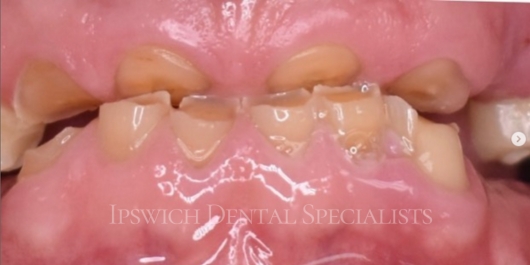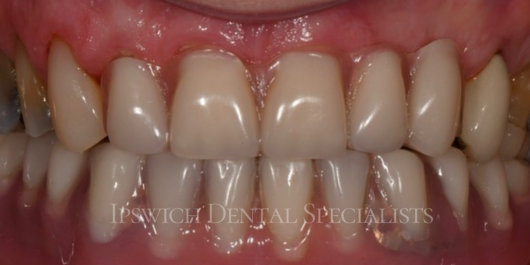Grinding

Tooth Grinding (Bruxism) at IDS
Understanding Tooth Grinding
Night-time Grinding
Often occurring during sleep, this type can lead to significant wear on teeth and may disrupt sleep.
Day-time Grinding
Some individuals may grind their teeth while awake, often as a response to stress, anxiety, or concentration.
Signs and Symptoms of Bruxism
- Worn-down tooth surfaces
- Increased tooth sensitivity
- Jaw pain or discomfort
- Headaches, particularly in the morning
- Clicking or popping sounds in the jaw
The Importance of Treatment
Tooth Damage
Chronic grinding can chip, crack, or wear down teeth, necessitating restorative treatments.
Jaw Disorders
It can contribute to temporomandibular joint (TMJ) disorders, causing pain and discomfort.
Increased Sensitivity
Worn enamel can expose the inner layers of teeth, leading to heightened sensitivity.
Treatment Options at IDS
At IDS, we offer a comprehensive range of treatments to help manage tooth grinding effectively:
Custom Mouthguards
Tailored mouthguards can provide a protective barrier, minimising damage to teeth during grinding episodes.
Stress Management Techniques
We can offer advice on techniques such as relaxation exercises or lifestyle changes to reduce stress-related grinding.
Dental Restorations
If grinding has caused damage, we can provide restorative treatments such as fillings, crowns, or veneers to restore your smile.
Botox Therapy
In some cases, Botox injections can help relax the jaw muscles and reduce grinding.
Your Comfort is Our Priority
Meet Dr. Gurwinder Dhesi - Specialist Prosthodontist and Implant Surgeon
Client Results



